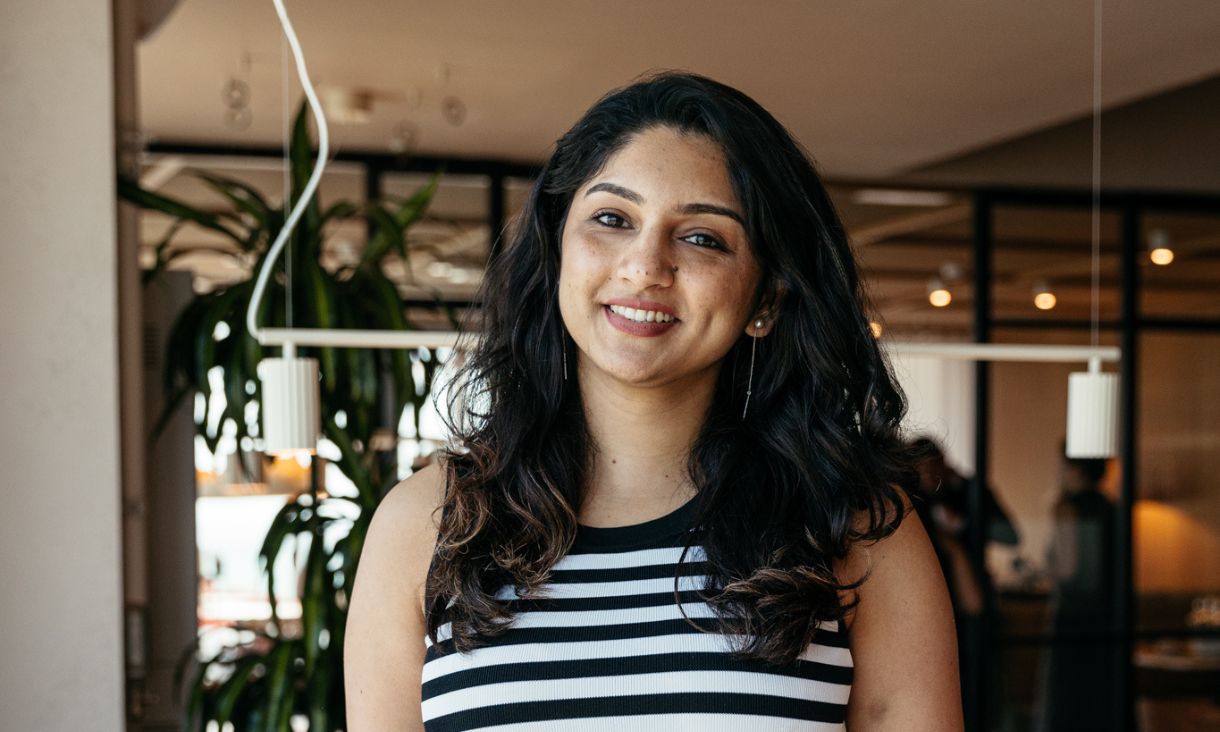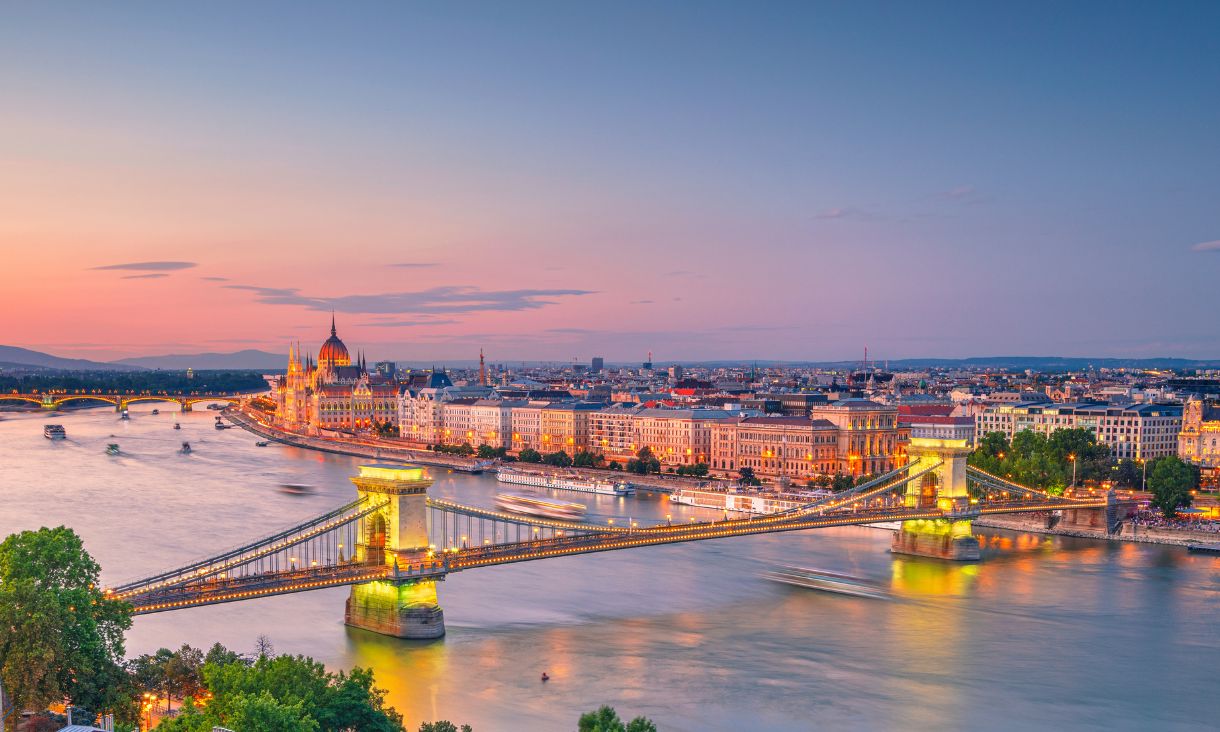Meet Sayalee Pendharkar – Nominated by the Department of Mobility, City of Munich

As the third largest city in Germany, Munich is the most densely populated in the country. Being an essential hub for business and tourism, space is at a premium.
– Sayalee Pendharkar
Architecture to sustainable transportation
With the added challenge of meeting climate targets, Munich's urban and transport planners are trying to rethink the city's urban landscape with more sustainable forms of transport to facilitate the smooth and enjoyable movement of people.
Sayalee Pendharkar, the EU Mobility Innovation Project Coordinator for the City of Munich, plays an important role in the city’s efforts to improve urban mobility.
Originally from Pune, India, Sayalee transitioned from architecture to sustainable transportation after moving to Munich in 2009 for her master’s degree in Transportation Systems at the Technical University of Munich. Since she had always felt an affinity for mobility and sustainable transport issues, Sayalee siezed the opportunity to venture into that path when the opportunity arose.
"Now the whole city has become my landscape, and I can identify the pain points to direct design elements and plan effecively. To my surprise it’s not so easy. As planners we have to tackle numerous policy and regulation challenges to implement sustainable solutions, along with significant citizen engagement and collaboration with various stakeholders," she said.
Urban mobility pioneers
Sayalee’s role has evolved significantly since she joined the City of Munich. Initially working as a transport planner, she now coordinates European mobility projects within the city's newly formed Department of Mobility, created in 2021. The department brings together experts to develop and implement the Mobility Strategy 2035, aiming to reshape the future of urban mobility.
Sayalee is primarily responsible for all the European mobility projects and engagements that the City of Munich undertakes across the EU. This involves extensive collaboration with various stakeholders, including industry partners and citizen groups, to address complex policy and regulatory challenges.
Munich was one of the founding partners of EIT Urban Mobility, and Sayalee mentioned that the city plays an active role in this European initiative. The EIT Urban Mobility City Club regularly organises webinars where experts from Munich also exchange knowledge and share best practice, showcasing the city’s innovative mobility solutions.
An emerging urban transformation leader
Being selected for the EIT Urban Mobility Emerging Leaders program is an exciting milestone for Sayalee. She sees it as an opportunity to enhance her leadership skills, especially in communication and team management.
"I want to actively contribute to discussions with policymakers on mobility transformation, and also nudge stakeholders and citizens toward behavioural change, particularly in areas like sustainable mobility, climate neutrality challenges and enhancing city liveability."
Realising targets
Reflecting on Munich’s achievements in urban mobility, Sayalee points to the city’s relatively new Department of Mobility, which has streamlined decision-making and is setting the pace for sustainable mobility transformation.
"Munich is one of the one hundred EU climate-neutral and smart cities (100NSC), so in that scenario we are quite ahead of the curve," she said. "We are implementing many initiatives, not only within the Department of Mobility but also focusing on sustainability and urban greening. Overall, our targets are very high, and we are extremely ambitious."
The department has already made considerable strides to create citizen-friendly streets while promoting sustainable and active modes of transport, and it’s clear that Sayalee’s active role in mobility projects and her dedication to sustainable mobility position her as an dynamic and promising contributor to the city’s future.

EIT Urban Mobility Emerging Leaders
Launched in 2024, the EIT Urban Mobility Emerging Leaders program is transforming the leadership landscape. Submit an Expression of Interest for your organisation to join EIT Urban Mobility Emerging Leaders 2024. For any queries, please get in touch emerging.leaders@rmit.edu.au.